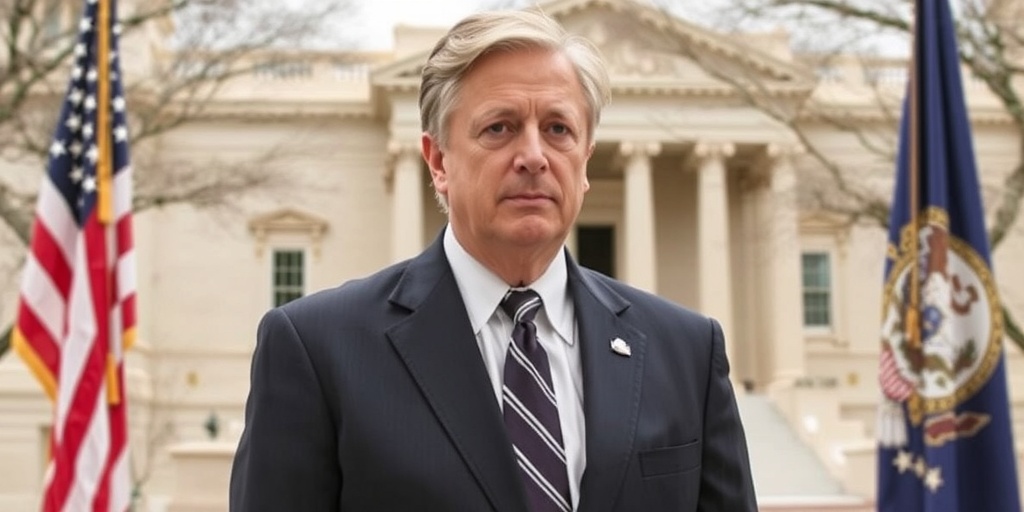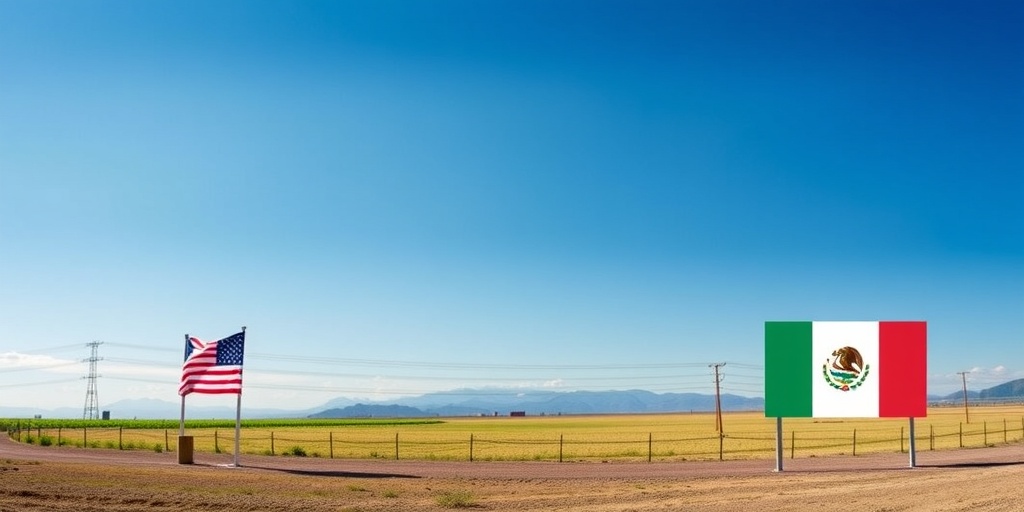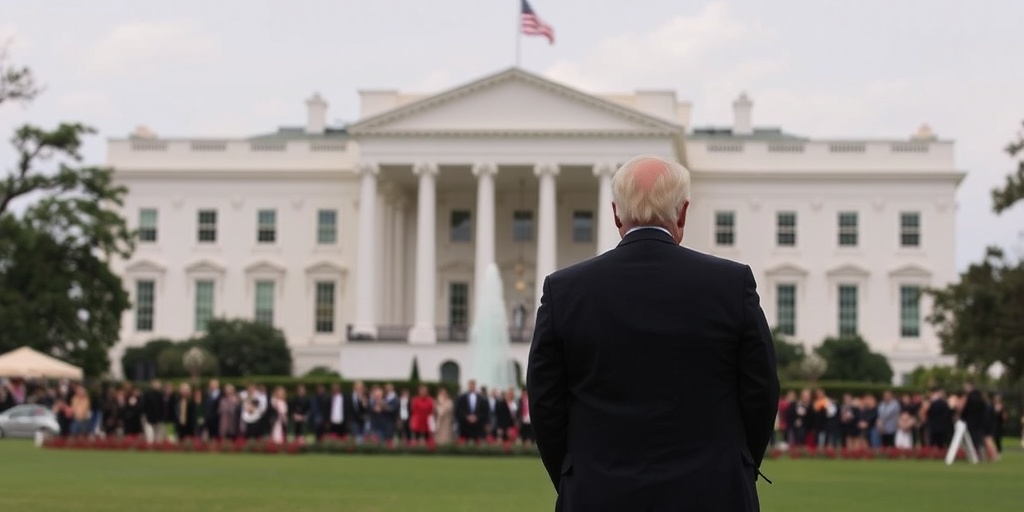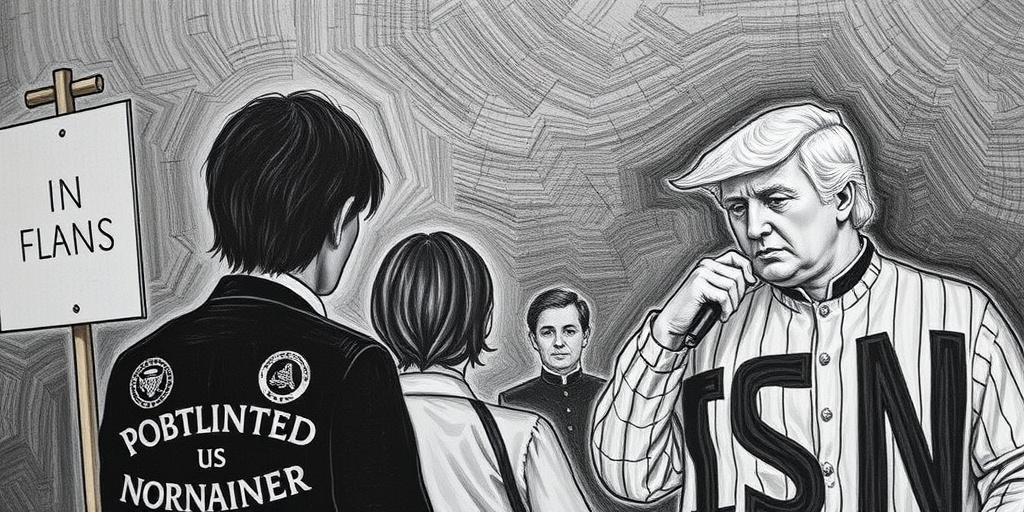Now Reading: Prosecutor in D.C. U.S. Attorney’s Office Resigns Suddenly
-
01
Prosecutor in D.C. U.S. Attorney’s Office Resigns Suddenly
Prosecutor in D.C. U.S. Attorney’s Office Resigns Suddenly

Title: Veteran Prosecutor Resigns Amid Controversial Changes in U.S. Attorney’s Office
In a significant development within the U.S. legal landscape, Denise Cheung, a seasoned federal prosecutor in Washington, D.C., has unexpectedly resigned from her position as head of the criminal division in the U.S. Attorney’s Office. This resignation comes as a direct response to directives issued by the office’s Trump-appointed leadership, raising questions about the political influence over federal prosecutorial actions.
Cheung’s resignation, communicated to colleagues via email, reflects growing tensions within the Department of Justice, particularly following recent appointments and policy shifts initiated by the current administration. While Cheung did not elaborate on the specific reasons for her departure in her email, she expressed her gratitude towards her colleagues for maintaining what she described as "the highest standards of professional conduct." She emphasized the importance of her oath to "support and defend the Constitution," a commitment she has upheld throughout her career.
A graduate of Harvard Law School, Cheung underscored the integrity of her fellow prosecutors, praising their adherence to "the utmost integrity" by diligently following legal and ethical standards. The departure of such a prominent figure signals a crucial moment in the ongoing struggle between political appointees and career officials within the Justice Department.
The timing of Cheung’s resignation is particularly noteworthy; it occurred less than 24 hours after President Trump nominated Ed Martin to permanently lead the U.S. Attorney’s Office. Martin, a notable right-wing activist, is known for his controversial stances, including his involvement in fundraising for individuals connected to the January 6, 2021, Capitol riot. His nomination has sparked concerns regarding potential biases and the politicization of prosecutorial responsibilities.
In her farewell message, Cheung highlighted the collaborative spirit of the office, acknowledging the challenging environment in which federal prosecutors operate. Her insistence on following "the facts and the law" reflects a broader commitment to judicial independence, especially amid increasing scrutiny on the implications of political directives.
This resignation also aligns with a broader trend of turmoil within the Justice Department spurred by recent appointments and policy decisions influenced by the current administration. Just last week, seven officials from the U.S. Attorney’s Office in Manhattan and headquarters resigned following what they deemed an inappropriate request from the acting Deputy Attorney General. The officials had refused to dismiss federal corruption charges against New York City Mayor Eric Adams, asserting that such actions would undermine ongoing investigations.
In a separate but related development, Ed Martin recently informed his team of plans to hire approximately 20 additional line prosecutors. This announcement followed the dismissal of over a dozen rank-and-file prosecutors who had been engaged in cases related to the January 6 Capitol attack. Such mass hiring and firing practices further exacerbate concerns regarding the politicization of the U.S. Attorney’s Office and the potential impact on its ability to function impartially.
The recent shake-up in Washington’s U.S. Attorney’s Office raises critical questions about the role of political appointees and their influence over prosecutorial discretion. Observers note that these developments could have lasting implications for the integrity of federal law enforcement, as career prosecutors fear that their professional judgments may be compromised by political agendas.
As the landscape of federal prosecution continues to evolve amid these controversies, the leadership of Ed Martin will be closely scrutinized, particularly regarding how his decisions may reflect the broader directives from the Trump administration. The resignation of Denise Cheung serves as a poignant reminder of the challenges faced by federal prosecutors striving to maintain ethical standards in a politically charged environment.
As this story develops, the legal community and the public will be watching closely to see how the appointment of new prosecutors and the leadership style of Martin will shape the future of the U.S. Attorney’s Office in Washington, D.C. With calls for transparency and accountability growing louder, the implications of these changes are likely to resonate far beyond the office itself, impacting the broader justice system and public trust in law enforcement.
Stay Informed With the Latest & Most Important News
Previous Post
Next Post
-
 01New technology breakthrough has everyone talking right now
01New technology breakthrough has everyone talking right now -
 02Unbelievable life hack everyone needs to try today
02Unbelievable life hack everyone needs to try today -
 03Fascinating discovery found buried deep beneath the ocean
03Fascinating discovery found buried deep beneath the ocean -
 04Man invents genius device that solves everyday problems
04Man invents genius device that solves everyday problems -
 05Shocking discovery that changes what we know forever
05Shocking discovery that changes what we know forever -
 06Internet goes wild over celebrity’s unexpected fashion choice
06Internet goes wild over celebrity’s unexpected fashion choice -
 07Rare animal sighting stuns scientists and wildlife lovers
07Rare animal sighting stuns scientists and wildlife lovers





















